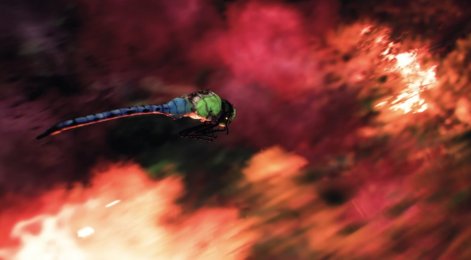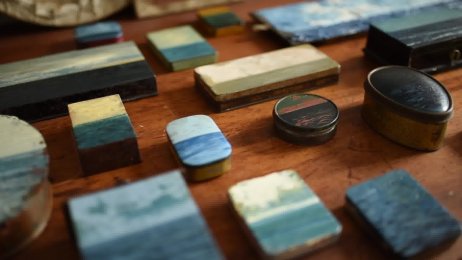Contemporary Art
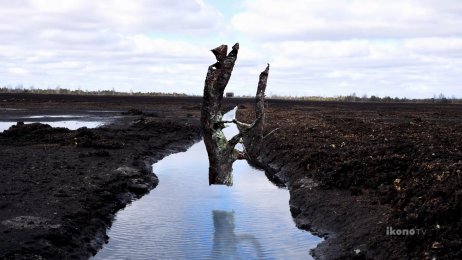
Kõverdama
Duration : 4m
Maturity Level : all
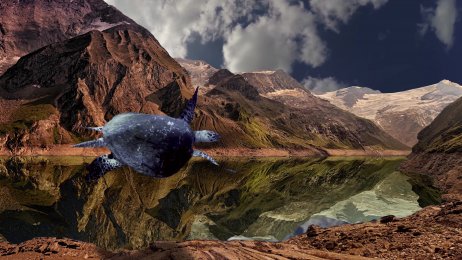
The World will change
Duration : 2m
Maturity Level : all
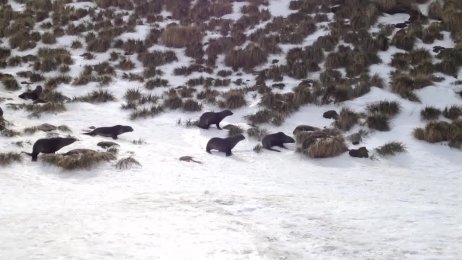
Antarctic Traces
Duration : 29m
Maturity Level : all
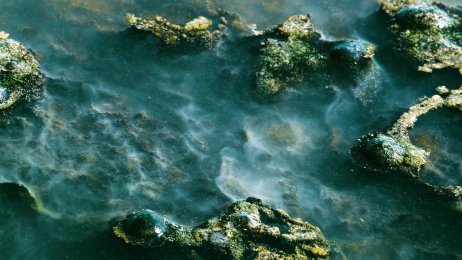
Litus Minor
Duration : 2m
Maturity Level : all
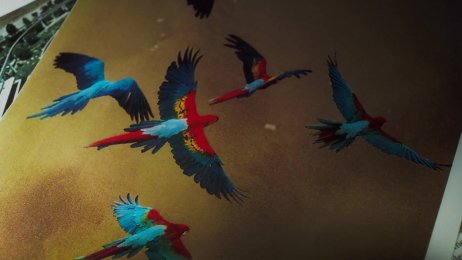
Under the reefs orchestra - Sakurajima
Duration : 4m
Maturity Level : all
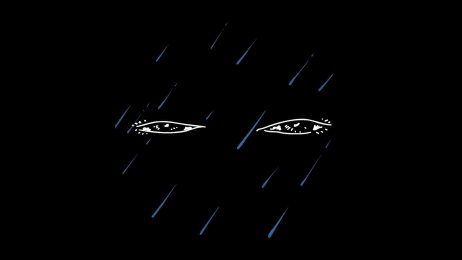
TREN-TREN Y KAY-KAY - Mapuche cosmogonic myth
Duration : 3m
Maturity Level : all
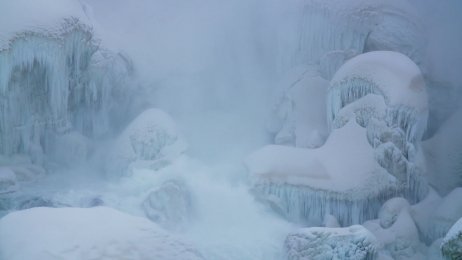
#ArtSpeaksOut
Duration : 26s
Maturity Level : all
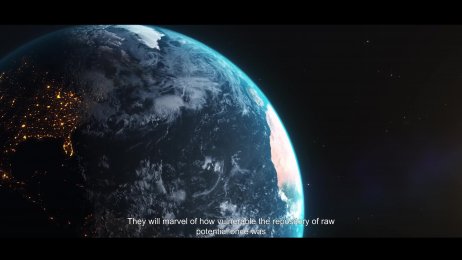
The Frontier Is Everywhere
Duration : 3m
Maturity Level : all
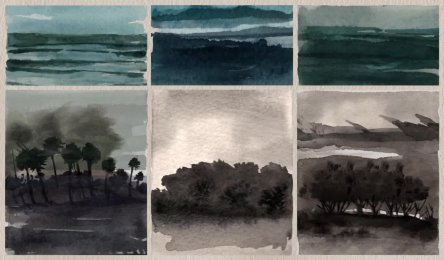
Fleeting Moments
Duration : 3m
Maturity Level : all
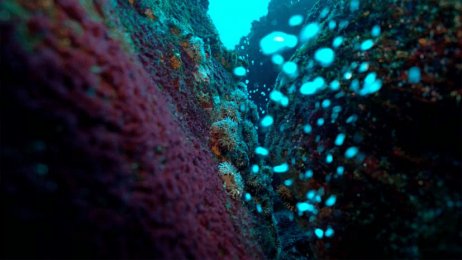
#ArtSpeaksOut
Duration : 21s
Maturity Level : all
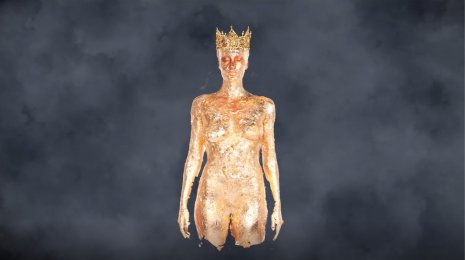
Time God
Duration : 2m
Maturity Level : all

Iconoplast
Duration : 8m
Maturity Level : all
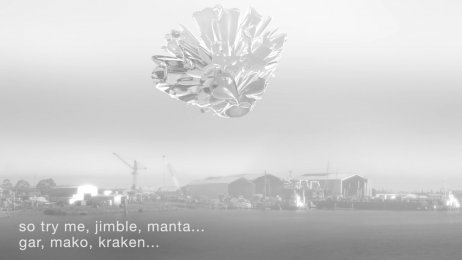
The White
Duration : 3m
Maturity Level : all
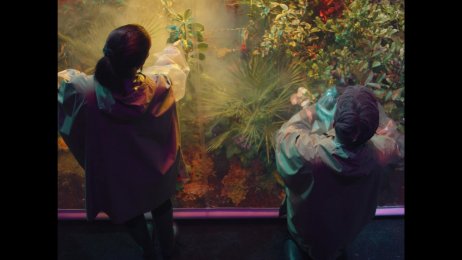
ECO
Duration : 3m
Maturity Level : all

Life is a two-way dream
Duration : 8m
Maturity Level : all
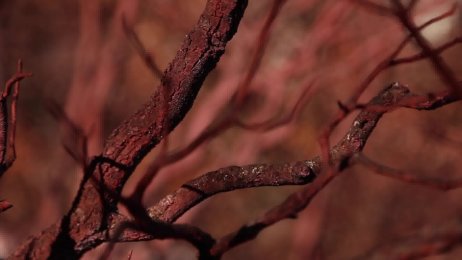
El Bosque Encarnado
Duration : 7m
Maturity Level : all
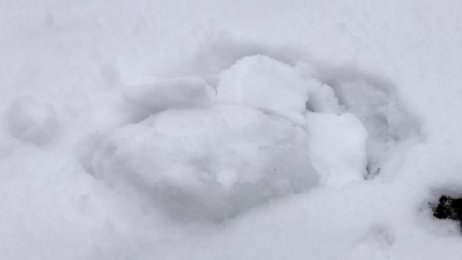
Perpetual Snow: Chapter I
Duration : 5m
Maturity Level : all
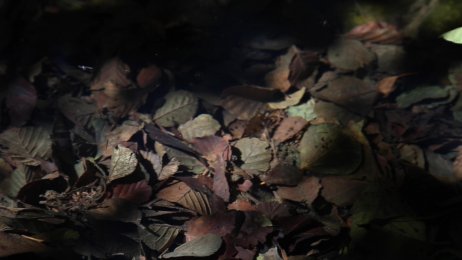
Río
Duration : 6m
Maturity Level : all
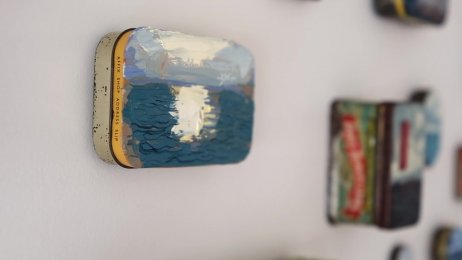
Where Once The Waters
Duration : 7m
Maturity Level : all

Still San Diego
Duration : 4m
Maturity Level : all

Aqua Man I
Duration : 1m
Maturity Level : all

